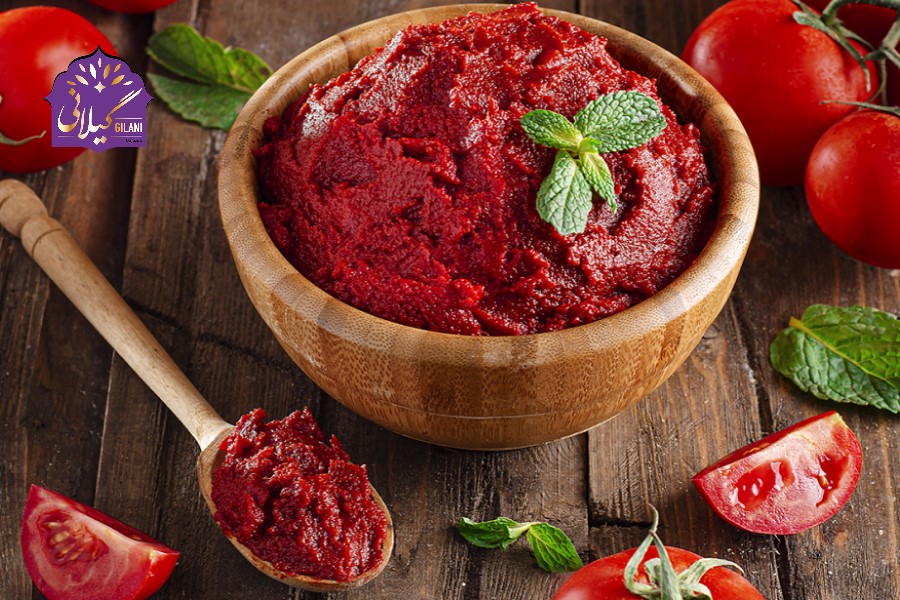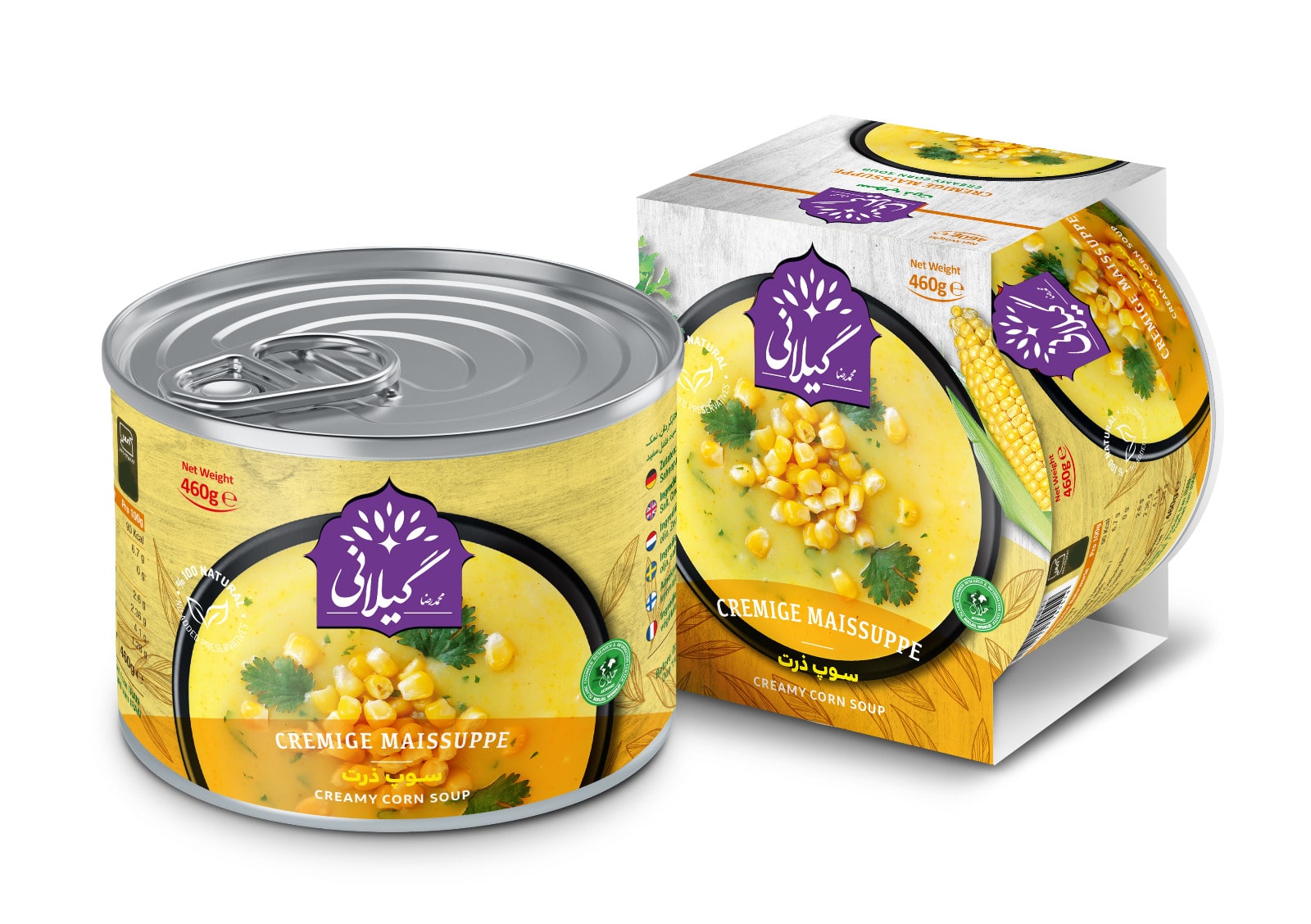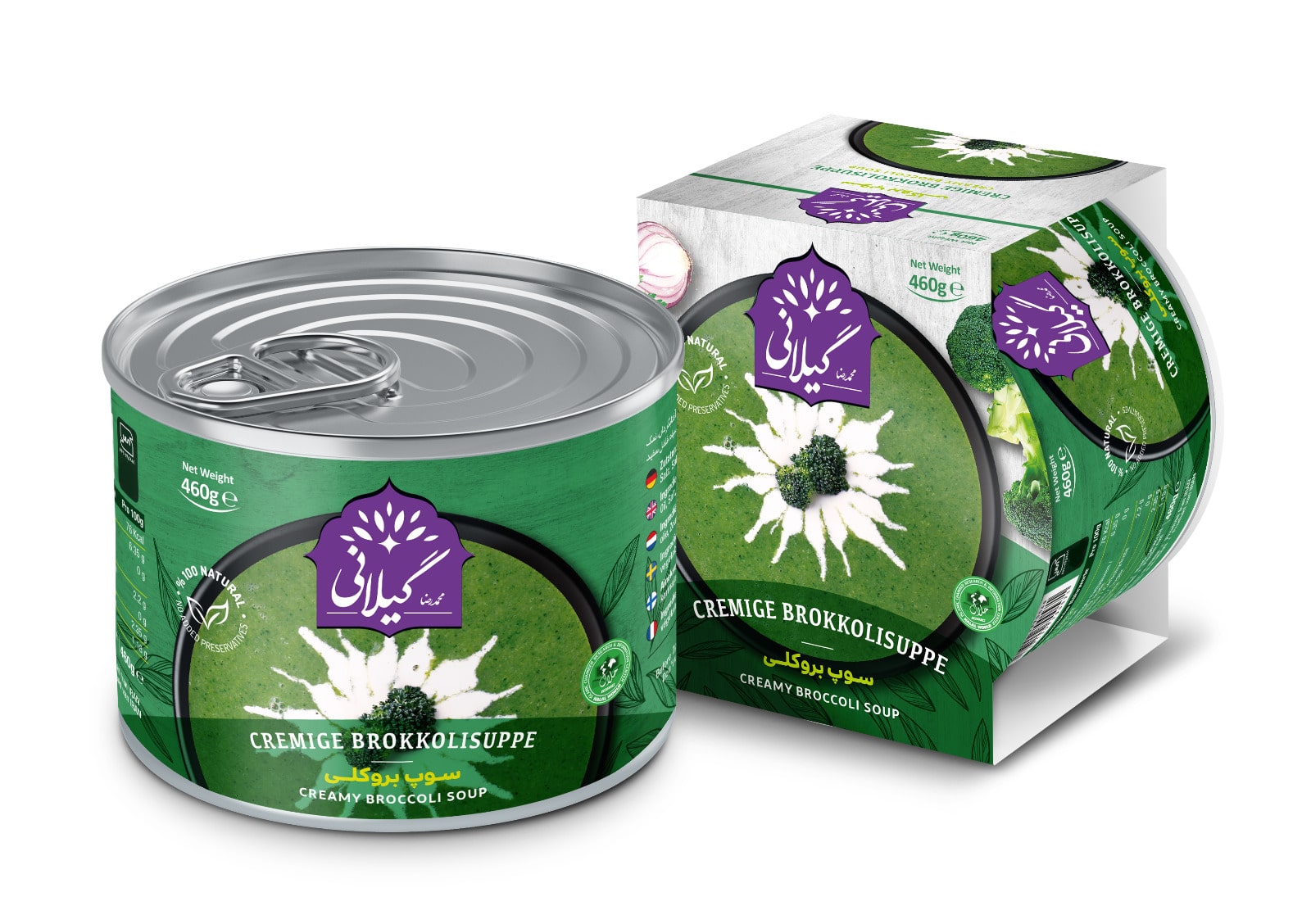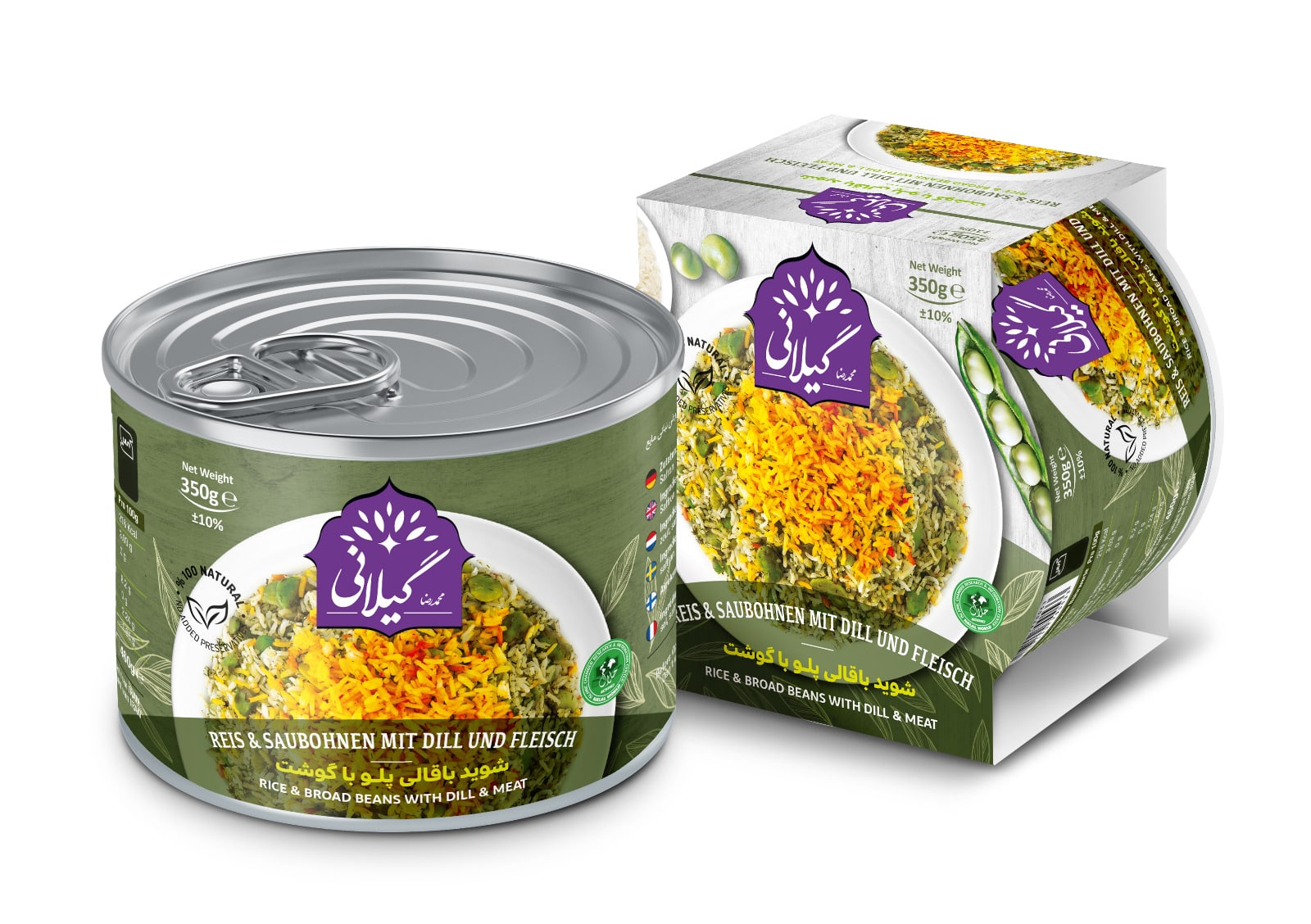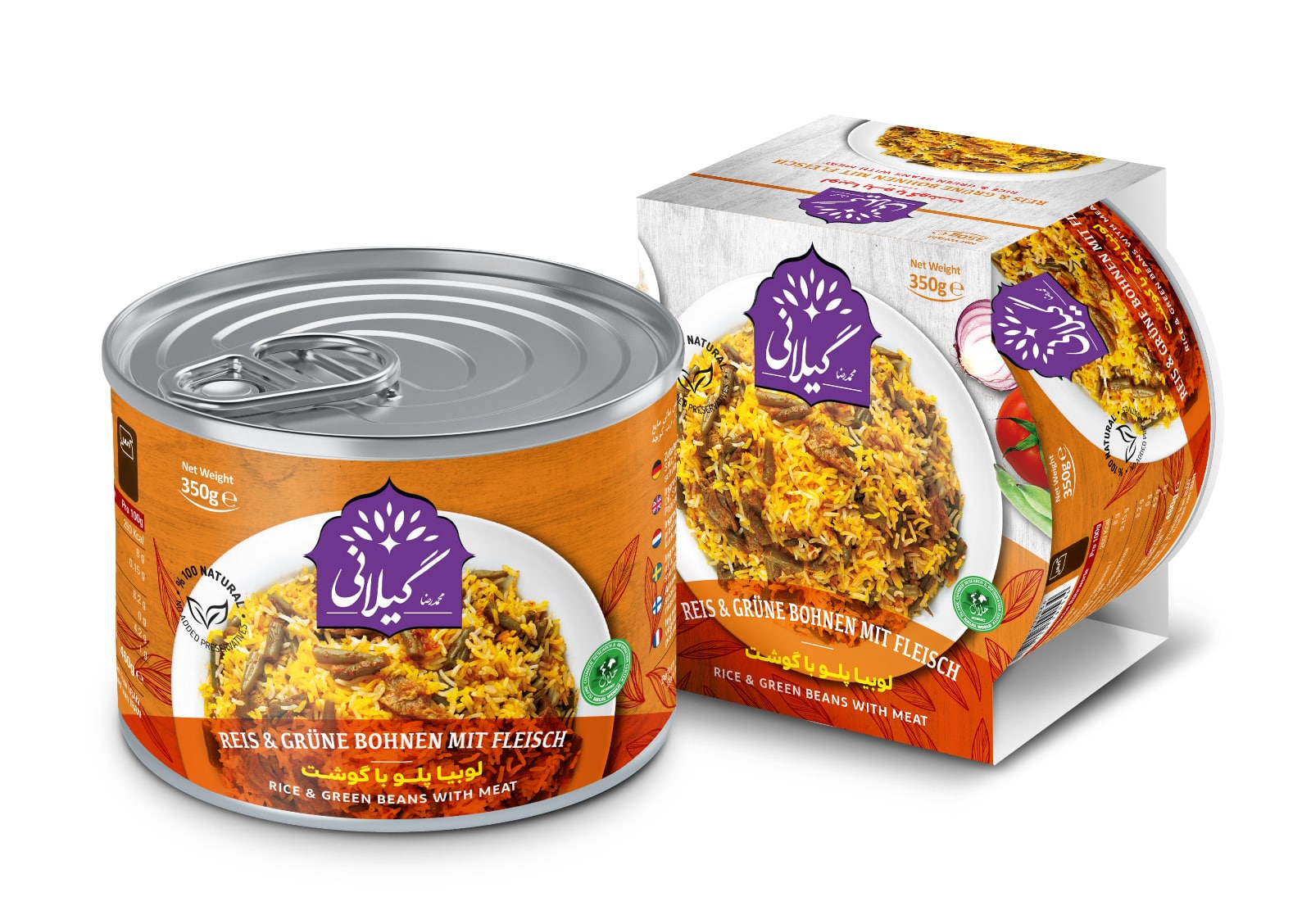Tomato paste is reduction of tomatoes that is strained of all seeds and skin. The long hours of cooking thicken tomatoes into a paste by reducing excess moisture. Available in tubes or cans, tomato paste features concentrated tomato flavor. Tomato paste is a source of several nutrients and also features some compounds that are not highly available in raw tomatoes, making it a healthy addition to recipes.
A 1-tbsp. serving of tomato paste contains just 13 calories and no fat, meaning it is not likely to contribute to weight gain. It also provides 244 international units of vitamin A, which is important to eye sight health, reproduction and fetal development. Although not as rich in vitamin C as fresh tomatoes, tomato paste still provides 3.5 mg of this antioxidant that improves immunity and tissue repair. It is also a source of vitamin K and several of the B vitamins. Tomato paste, per tablespoon, features .5 mg of iron as well, to help with proper red blood cell function. Tomato paste provides 162 mg of potassium per tablespoon to help your body regulate fluid and mineral stores.
The process of making tomato paste makes some of the antioxidants in tomatoes more bioavailable. Antioxidants are compounds that scavenge free radicals in the body associated with disease and aging. A study published in the "Journal of Agriculture and Food Chemistry" in May 2002 found that the manufacturing process of heating tomatoes elevated tomato's total antioxidant activity, specifically one called lycopene. High intakes of tomato products containing lycopene correlate with decreased risk of prostate cancer.
Consuming tomato paste may help protect you against flushing that occurs as a result of exposure to ultraviolet light. The "Journal of Nutrition" published a study in May 2001 showing that 40 g of tomato paste consumed with 10 g of olive oil over 10 weeks resulted in reduced erythema, or sunburn, by 40 percent. The researchers attribute the lycopene in the paste as being the cause of this positive result. In a January 2011 issue of the "British Journal of Dermatology," a study found that consuming 55 g of tomato paste over the course of 12 weeks provided protection against damage done to the skin due to sun exposure.
Manufacturers use tomato paste as a base for some juices and ketchup. You can add tomato paste to marinara or meat sauce for pasta to intensify the flavors and provide a thick texture. Tomato paste is also an ingredient in many recipes for chili and beef stock.
Nutrients
A 1-tbsp. serving of tomato paste contains just 13 calories and no fat, meaning it is not likely to contribute to weight gain. It also provides 244 international units of vitamin A, which is important to eye sight health, reproduction and fetal development. Although not as rich in vitamin C as fresh tomatoes, tomato paste still provides 3.5 mg of this antioxidant that improves immunity and tissue repair. It is also a source of vitamin K and several of the B vitamins. Tomato paste, per tablespoon, features .5 mg of iron as well, to help with proper red blood cell function. Tomato paste provides 162 mg of potassium per tablespoon to help your body regulate fluid and mineral stores.
Antioxidants
The process of making tomato paste makes some of the antioxidants in tomatoes more bioavailable. Antioxidants are compounds that scavenge free radicals in the body associated with disease and aging. A study published in the "Journal of Agriculture and Food Chemistry" in May 2002 found that the manufacturing process of heating tomatoes elevated tomato's total antioxidant activity, specifically one called lycopene. High intakes of tomato products containing lycopene correlate with decreased risk of prostate cancer.
Sunburn
Consuming tomato paste may help protect you against flushing that occurs as a result of exposure to ultraviolet light. The "Journal of Nutrition" published a study in May 2001 showing that 40 g of tomato paste consumed with 10 g of olive oil over 10 weeks resulted in reduced erythema, or sunburn, by 40 percent. The researchers attribute the lycopene in the paste as being the cause of this positive result. In a January 2011 issue of the "British Journal of Dermatology," a study found that consuming 55 g of tomato paste over the course of 12 weeks provided protection against damage done to the skin due to sun exposure.
Uses
Manufacturers use tomato paste as a base for some juices and ketchup. You can add tomato paste to marinara or meat sauce for pasta to intensify the flavors and provide a thick texture. Tomato paste is also an ingredient in many recipes for chili and beef stock.
Suggested Products
Fresh green beans, aromatic dill, authentic Iranian rice, flavorful meat and everyone likes them together.
5 %
166,900
158,555 Toman


